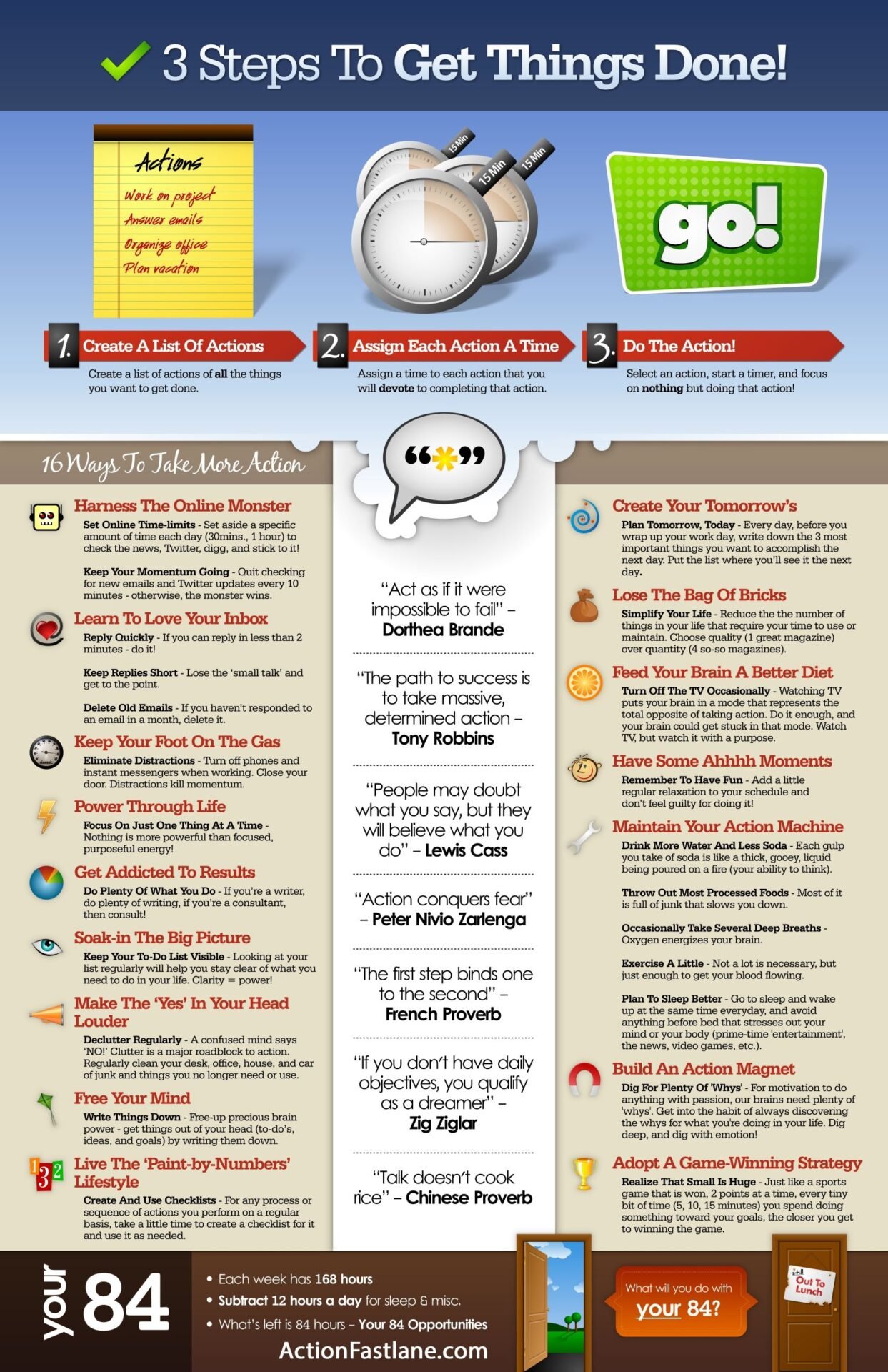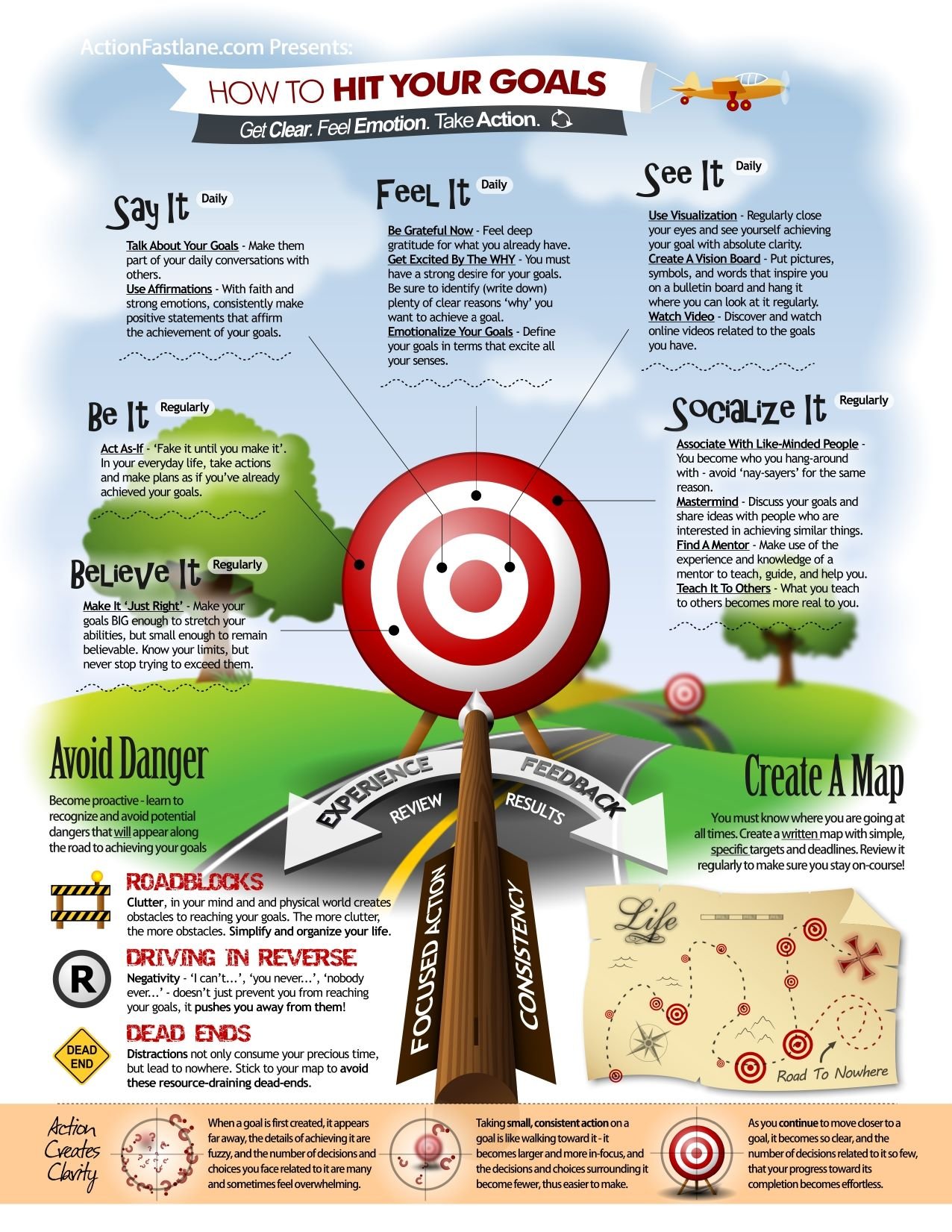
Have you ever stopped to consider how much of precious time is slipping away unnoticed? It’s a thought worth pondering.
Take a moment to reflect on what you actually achieve in a day. Let’s crunch some numbers and see the startling reality unfold before your eyes.
When you subtract 8 hours of sleep from your day, you’re left with 16 hours to fill with activities, amounting to 112 hours a week.
Are you truly maximizing these 112 hours?
While it’s understandable to allocate time for meals and leisure, even with a generous allowance of 3 hours a day for these activities, you still have 91 hours weekly to dedicate to meaningful pursuits.
That’s a significant chunk of time at your disposal.
Consider this: 91 hours beyond sleep and 21 hours for eating and entertainment. Did you realize you had this much time available after fulfilling basic needs?
Chances are, much like many others, this realization may come as a surprise.
Even after accounting for 45 hours of work and commuting per week, you’re still left with 46 hours to invest in yourself and your goals.
Let’s take another deduction into account.
Let’s allocate an additional hour each day (totaling 7 hours a week) for various tasks like walking the dog, managing bills, and running errands.
Once all is calculated, you’re left with a total of 39 hours per week. Does realization make you slightly uneasy?
Are you surprised by the thought of having nearly 40 unaccounted hours each week? Are you essentially squandering this time without much to show for it?
Perhaps you don’t feel too concerned at this point. What half of that time, around 20 hours a week? Do believe you’re wasting away that much time?
Or maybe just a quarter of that, roughly 10 hours a week? Are those 10 hours being spent unproductively?
Now that we’ve narrowed it down to just 10 hours a week, it might not seem like a significant amount.
However, consider this: That’s 520 hours, equivalent to 32.5 days (based on 16-hour days) being wasted every year. And that’s only the minimum!
For some individuals, it could be even more… 2, 3, or even 4 times greater (translating to over 4 months of wasted time)!
Upon completing this exercise, I was utterly astounded. I had to meticulously double-check my calculations to ensure no errors had occurred.
To my surprise, everything was in order.
However, what I realized was that I had been too casual about how I spent my time.
This realization prompted me to delve into a plethora of resources to gather insights, tips, and strategies to enhance my productivity.
The following concise guide is a culmination of the top ideas I’ve come across, as well as some personal discoveries.
I’m sharing this guide because I understand the universal desire to maximize our time and, consequently, our lives.
If you resonate with this sentiment, I hope the information contained within this guide proves to be straightforward, practical, and beneficial – my aim is to yield positive outcomes for you!
Prepare to transform into a Human Action Machine!
How To Take More Action!
1. Set Aside A Specific Block Of Time For Consuming Info On The Web
It’s time to stop wasting endless hours of your precious time on mindless things that could easily be limited to just 30 minutes a day.
This browsing the internet, checking social media, reading blogs, and catching up on the news.
Set aside a specific time each day to indulge in these activities, but once your time is up, focus on other tasks without getting sucked back in.
Don’t let these distractions take over your life. Resist the urge to constantly check for updates every few minutes.
Remember, the world won’t come to a halt because you haven’t checked your social media feed. Prioritize your time and avoid letting these activities control you.
2. Take Control Of Your Inbox
Managing email effectively requires swift responses to quick messages, avoiding unnecessary small talk, and keeping it concise.
It’s important to clear out unanswered emails after a month to prevent feeling overwhelmed by guilt.
Remember, prompt and brief communication is key to staying on top of your inbox and maintaining productivity.
3. Work As Disconnected As Possible
To boost your productivity, it’s important to disconnect from distractions.
Power down your phone, shut off messaging apps, and create a barrier from interruptions by closing your office door or using a “Do Not Disturb” sign if needed.
Getting into a state of ‘flow’ will allow you to work more efficiently and achieve better results.
Remember to clear away any distractions while working to maintain your focus and momentum.
4. Focus On One Thing At A Time
Imagine driving to the other side of town in your car.
Consider the difference between taking a direct route with steady acceleration versus constantly starting, stopping, and changing directions.
The former will undoubtedly get you to your destination significantly quicker, perhaps even ten times faster than the latter approach.
Just as focus accelerates your journey in driving, it also propels you towards your goals in life.
Ditch habit of multitasking and watch as your to-do list dwindles at an unprecedented pace.
5. Do Plenty Of What You’re Supposed To Do
To achieve success, it is crucial to dedicate the majority of your daily routine to your primary tasks.
If you are a consultant, focus on consulting; if you are a writer, prioritize writing. Avoid getting distracted by secondary activities that consume valuable time.
Consider delegating these tasks to others or reducing the time spent on them. The key is to take consistent action in alignment with your profession or passion.
For more insights on outsourcing, explore ‘Outsourced Profits’.
6. Keep Your To-Do List In Front Of You
When creating your to-do list, make sure it’s not just a forgotten note on an old notepad tucked away in a drawer.
Display it somewhere visible your daily routine – whether it’s on your desk, the fridge, or even the ceiling above your bed.
By keeping your tasks in plain sight, you’ll maintain a clear focus on what needs to be accomplished.
Clarity in your goals increases the likelihood of completing them, so having your to-do list within sight will help you stay on track and manage your responsibilities effectively.
7. De-clutter On A Regular Basis
A cluttered mind tends to resist, hindering productivity.
When your surroundings and thoughts are chaotic, your brain struggles to focus and ends up rejecting tasks, leading to a significant slowdown in progress.
To combat this, it is essential to regularly declutter your physical space by getting rid of items that no longer serve a purpose.
This includes clearing out old belongings, organizing your workspace, and tidying up digital clutter like old emails and bookmarks.
By making decluttering a monthly habit, you can free up mental space and make room for a more positive mindset.
Embracing this practice will encourage your brain to say ‘yes’ more often, allowing you to approach tasks with clarity and efficiency.
8. Increase Your Personal Speed
Observing individuals who take swift action reveals a key factor in their productivity – their personal speed.
Action-oriented people seem to operate at a faster pace in all aspects of life, from their movements to their decision-making process.
It is crucial to assess your own speed and determine if it may be impeding your progress.
If so, the solution is simple: increase the speed and energy you put into your actions. This does not entail becoming a frantic, stressed individual reliant on caffeine.
Instead, focus on infusing more energy into your daily tasks, gradually building a habit of being in a proactive state of mind and body.
Make a conscious effort to elevate your speed and energy levels to enhance your productivity.
9. Just Start!
It’s crucial to take action towards your goals and dreams, even if it’s just for a short period.
Starting with a clear goal can make the journey seem overwhelming due to the numerous steps required to reach it.
However, every small step you take brings you closer to your end-goal and makes path clearer.
As you progress, the tasks needed to achieve your goal become more focused, making it easier and quicker to reach it.
So, don’t hesitate, begin your journey towards your dreams today!
11. Listen To Music
Music has the incredible ability to influence our brain activity, which is why many individuals turn to music while working out.
Finding the right kind of music that motivates you without being distracting can significantly enhance your productivity.
It serves as a powerful tool to boost your energy levels and keep you focused on your tasks.
12. Create And Use Checklists
When you transfer important tasks from your mind to paper or digital notes, you free up mental space and reduce stress.
Remembering all the details for tasks like tax preparation or vacation planning can be overwhelming and draining.
Checklists act as a handy guide, ensuring you don’t forget any crucial steps and easing the burden of keeping everything in mind.
Creating checklists for routine tasks may take some initial effort, but they ultimately save you time and energy.
If you’re stuck on what to include, a quick Google search can provide inspiration.
For instance, searching for a travel checklist can offer plenty of suggestions to customize your own.
13. Plan Tomorrow, Today!
To increase the likelihood of completing tasks, it is important to prepare in advance. This includes planning out your daily schedule before you finish work for the day.
Make it a habit to jot down the top 3 things you need to accomplish the following day.
Writing them down rather than just keeping them in your mind increases commitment.
Place this list in a prominent spot on your desk so you see it first thing in the morning.
To go the extra mile, gather any tools or materials you might need to tackle these tasks.
For instance, if one of your goals is to reconcile your finances, gather your checkbook, bank statement, and a calculator your list.
By setting yourself up for success and being prepared with everything you need, you’ll be more motivated to tackle the tasks at hand when the time comes.
14. Simplify Your Life
Simplifying your life involves cutting out things that drain your time and resources.
One effective way to simplify is to reduce number of items that require your attention and maintenance.
The idea of ‘having it all’ can lead to feeling obligated to use everything you own, which can be exhausting unnecessary.
Consider if you truly need multiple magazines on the same topic each month, or if diving deeper into one favorite magazine would be more beneficial.
Do you really need the latest gadget that will take time to learn, or is the one you purchased six months ago still sufficient?
Identify what complicates your life, especially material possessions, and remove them to streamline your life.
15. Purposely Turn Off The TV Occasionally
It’s undeniable that unwinding with some TV can be a nice way to relax, as long as you so in moderation.
Consider this: Watching TV often involves minimal effort on your part, mainly just clicking through channels.
Essentially, it puts your brain in a passive state, the complete opposite of being proactive.
Overindulging in TV can lead your brain to get stuck this passive mode, which isn’t ideal.
Take the time to choose which shows you truly enjoy watching, schedule specific times to watch them, and avoid aimlessly flipping channels.
This strategy is crucial and highly effective in maintaining a healthy TV-watching balance.
16. Be Unproductive Every Once And A While
It’s true, every now and then it’s important to just relax and enjoy doing nothing.
Sometimes we feel guilty for not being productive when we have a lot to do, but it’s okay to take a break.
This guilt often comes from being unproductive at random times, like right after a meal or when checking emails.
To truly make the most of your free time, it’s helpful to plan ahead and ensure you’re being productive when it matters.
17. Keep A Tangent Log
When you’re trying to focus on a task, that pesky little voice in your head can sometimes lead you astray.
It might remind you of something you need to buy, share a brilliant idea, or even start singing a catchy tune.
Instead of letting it distract you, grab a pen and paper to pacify it. Write down any thoughts or tasks it throws at you, then revisit them later to take action.
Don’t let that voice disrupt your workflow, but use it as a helpful reminder tool instead.
18. Dumb-Down After You Eat
After eating, most people find it challenging to engage in tasks that require mental focus due to the body’s need to prioritize digestion over brain function.
Despite being aware of this physiological response, it is common to overlook it and attempt to tackle demanding tasks immediately after a meal, often resulting in subpar performance.
Recognizing this pattern in one’s work habits is the first step towards addressing it.
It is advisable to prioritize activities that require minimal cognitive effort post-meal.
Personally, I find that taking a brief nap can be beneficial, but in the absence of that option, tasks like checking emails, organizing your workspace, or catching up on the news can be more suitable alternatives.
19. Beat It Into Your Head That Small Is Huge!
While I may not be a die-hard fan of professional basketball, the game itself offers valuable lessons in taking action.
Consider the effort required to score over 100 points in a game – there are no easy 20-point shots to rely on.
Each point is typically earned through a series of small actions, whether it’s a single point from a free throw or a two-point shot after numerous passes and dribbles.
It’s the attention to detail in executing these small actions that ultimately leads to victory.
This analogy can be applied to our daily lives as well. Just like in basketball, it’s the consistent effort in taking small steps towards our goals that drives us forward.
Spending even a few minutes each day working towards what we want to achieve brings us closer to success.
Remember, it’s the accumulation of these small actions that ultimately lead to winning the game of life.
20. Dig For Plenty Of ‘Why’s’
To truly ignite our passion and motivation for any task or goal, it is essential to understand the multitude of reasons behind our actions.
Often, we overlook this crucial step as we rush through our daily tasks and objectives.
While the initial momentum may carry us forward to a certain extent, it is the deeper of why we are pursuing a goal that sustains our drive in the long run.
To maintain a consistent and enduring motivation, it is vital to fully comprehend the end result we are striving for, particularly the emotional rewards that come with achieving our objectives.
By connecting with the feelings associated with success, we give power and purpose to our endeavors.
Take the time to explore and articulate the reasons behind your goals, whether through introspection or by creating a tangible list to refer back to regularly.
Cultivate the habit of uncovering the motivating factors behind your actions in all aspects of your life.
Delve deep into your emotions and motivations to fuel your drive towards success.
21. Practice ‘Early To Bed, Early To Rise’
Have you ever considered the impact of your daily routine on your?
Many of us know the benefits of waking up early and starting the day with a sense of accomplishment.
I, too, was once convinced that I could thrive on a late-night schedule.
However, after making a change and experiencing the results firsthand, I realized the truth behind the old adage.
What is it about starting early that makes such a difference?
Perhaps it’s the satisfaction of knowing how much you’ve by midday, compared to dragging yourself out of bed when the day is already in full swing.
By adjusting your bedtime and waking up earlier, you might just unlock a new level of productivity that you never thought possible.
While it may mean letting go of the “night-owl” persona, the benefits could outweigh the sacrifice.
Challenge yourself to try this new routine for a month and see the impact it has on your daily life.
You never know, it could be the key to unlocking your full potential and maximizing your productivity.
22. Take Care Of Your Health
When discussing productivity, it is vital to emphasize the significance of prioritizing your health. Let’s cut straight to the chase with some simple yet crucial tips:
• Opt for water over soda to avoid the negative effects of excessive sugar consumption. Think of each sip of soda as dousing a fire with sticky syrup, hindering your cognitive abilities.
• Ditch processed foods in favor of fresh, wholesome options. Relying on microwave meals may be convenient, but it compromises both your health and taste buds.
• Take a few minutes each week to plan and prepare nutritious meals. This small effort can greatly enhance your motivation and productivity.
• Take deep breaths periodically to boost blood flow to your brain and revitalize your energy levels.
• Incorporate light exercise into your routine to stimulate circulation and improve overall well-being.
• Prioritize quality sleep by avoiding stimulating activities before bed, such as intense entertainment or video games. This will help alleviate stress and promote restful sleep.
23. Use Time Boxing (The Powerhouse Technique)
Throughout our discussions so far, we have delved into numerous strategies to increase daily productivity.
However, the ultimate skill to master is efficient time management.
While various systems exist to aid in this endeavor, many can feel restrictive and demanding, leading to time management struggles for many individuals.
Yet, the solution lies in simple principles that can be implemented immediately.
In essence, effective time management revolves around three key elements: tasks, time, and the capacity to complete them.
To merge these components successfully, all that is required is order and structure.
By identifying tasks, allocating specific time slots for them each day, and focusing solely on the task at hand, one can transform into a productivity powerhouse.
This approach is grounded in setting clear, achievable goals and establishing a timeframe for their completion, driving the brain towards action.
This is the essence of time boxing – a daily practice wherein tasks are listed, time slots are assigned (ranging from 15 minutes to 2 hours), and focused work is carried out within each designated timeframe.
By adhering to this structured process, incredible results can be realized, fueled by the discipline and momentum it instills.


















